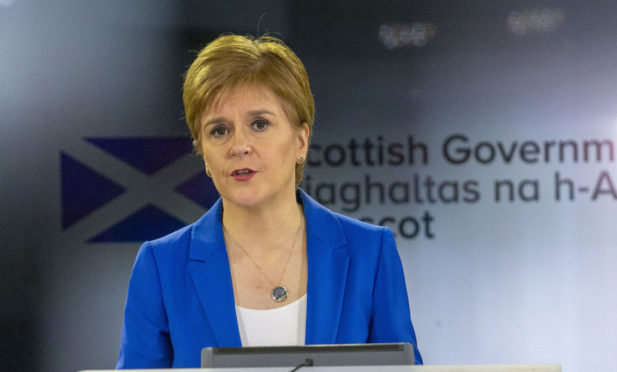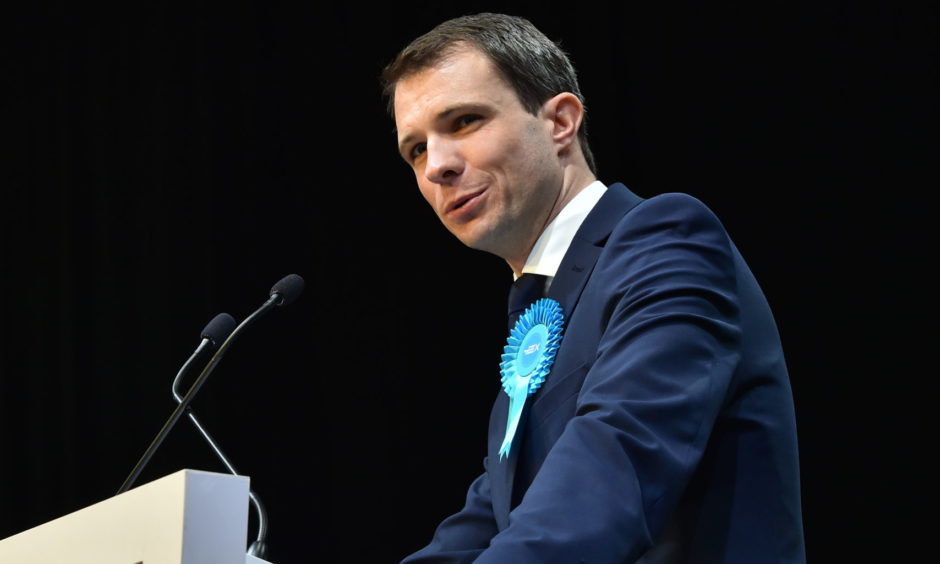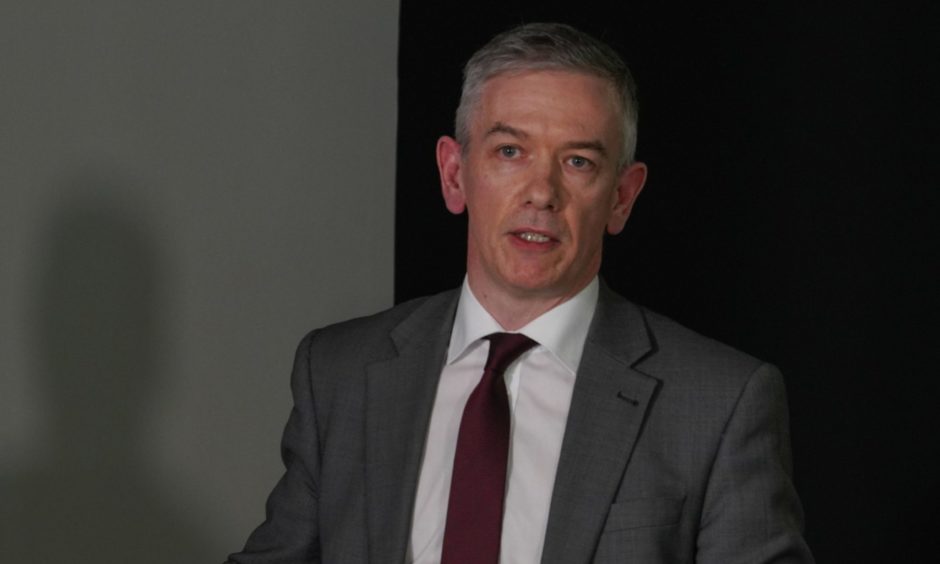Nicola Sturgeon has come under pressure to explain why mandatory Covid-19 testing for care home residents was not introduced sooner, after one of her top medical advisers said the move was a “policy decision”.
Professor Andrew Morris, who chairs the Scottish Government’s Covid-19 Advisory Group, made the comment in response to questions over whether the roll-out of testing in care homes had been “too slow”.
North-east MP Andrew Bowie, who elicited the response from Prof Morris at the Scottish affairs committee, said the remark spoke to “a failing on the part of the Scottish Government” to get a grip on testing in care homes.
The row comes after it was revealed almost 1,000 hospital patients were sent to care homes at the beginning of the pandemic, before mandatory testing kicked in.
There are fears that emptying wards of elderly patients at the start of the pandemic – in case beds were needed for coronavirus patients – fuelled the virus spread into care homes, where more than 1,600 people have now died.
Mr Bowie said: “Where the disease has got into care homes it’s having a hugely damaging effect, I think roughly 45% of Covid-19 deaths have occurred in care homes.”
The Tory party vice-chairman is now calling on the first minister to “front up” and explain, adding: “It was quite telling that Professor Morris refused to answer the question, when put to him, that we should have introduced mandatory testing earlier into the care home setting.
“It’s quite clear from the response, or lack of response, that it was a failing on the part of the Scottish Government not to introduce testing earlier when they were moving patients from hospital settings back into care homes”.
The Scottish Government, in a statement, has said “from the outset” ministers have “taken firm action to protect care home staff and residents”.
A government spokesman added: “Our testing strategy is based firmly on the advice of senior clinicians and public health experts and we believe it is the correct one for Scotland.”
Overall there are “encouraging signs” of progress in the battle against Covid-19, Scotland’s interim chief medical officer Dr Gregor Smith told the same committee.
Dr Smith said: “Over a matter of weeks we’ve been able to demonstrate a decline in the number of cases, a decline in the number of hospitalisations and a decline now in the number of deaths and that should give us more confidence as we approach the next lockdown review date”.
Dr Smith said it was “unlikely” the Covid-19 infection rate would “ever” get as low as zero, but said he was optimistic about the future.
“At this precise moment in time we don’t have a vaccine for this virus, we don’t have any single treatment which you could say with confidence is going to be able to be the magic bullet.
“But, I’m an optimistic, I’m really optimistic. Time after time man has faced threats from communicable disease of one sort or another and they’ve come and developed ways of combating that infectious disease.
“I’m confident we’ll do exactly the same with this virus.”
Dr Smith also praised the so-called four-nation approach to tackling the virus. He said: “The broader networks, whether they be on a UK level or on a pan-global level, the ability to be able to learn from that emerging evidence base is really, really important.
“Equally important, then, is how that’s interpreted and put into practice, where these meetings have been incredibly important is to form a consensus view of what the evidence means so that can then be taken back to the Scottish context.”


